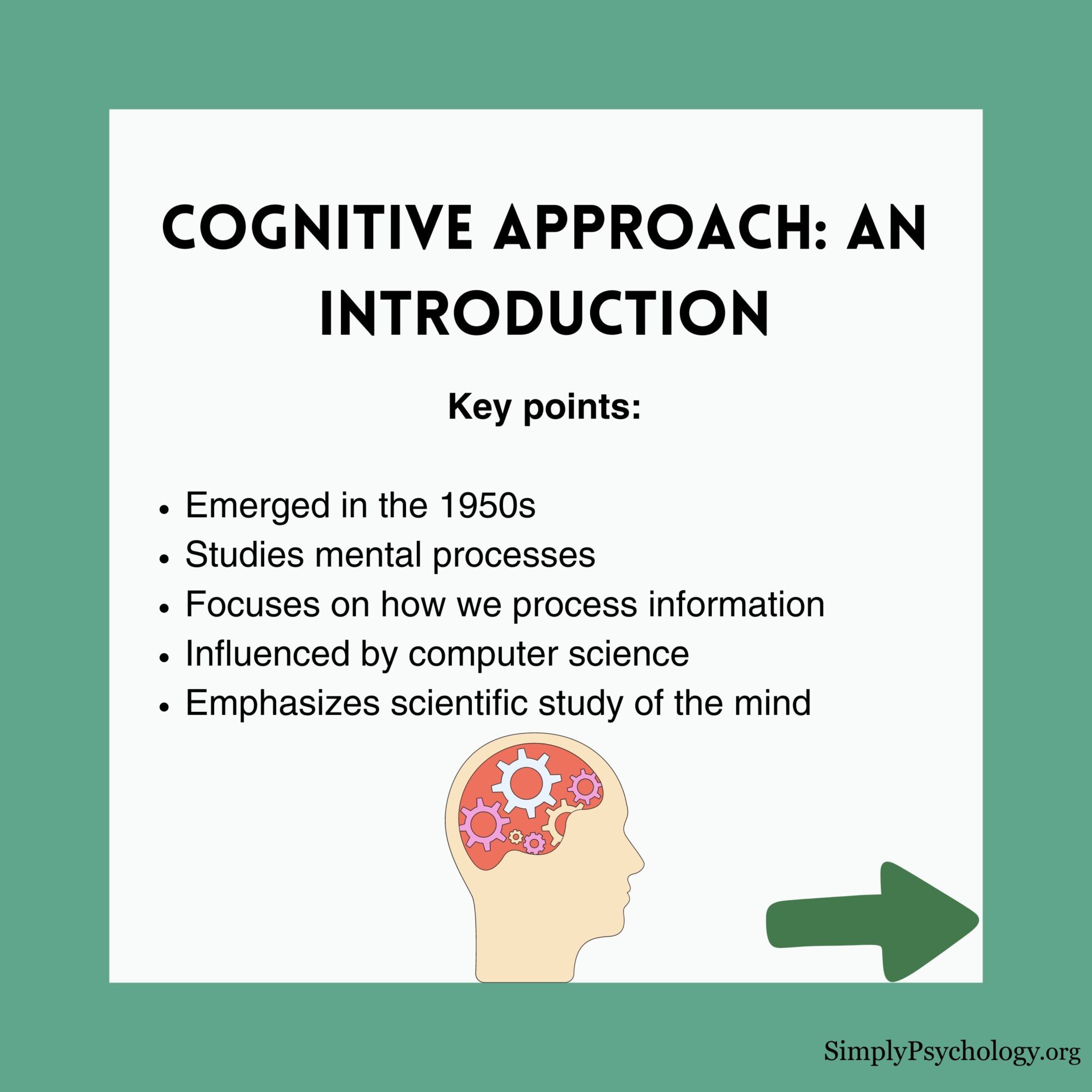
**Influential Psychologists: Carl Jung, Sigmund Freud, and Abraham Maslow**
Throughout time, many psychologists have significantly shaped the discipline of psychology, enhancing our comprehension of the human psyche. Among these trailblazers, three emerge as particularly notable for their innovative theories: Carl Jung, Sigmund Freud, and Abraham Maslow. Each of these intellectuals introduced ideas that still influence psychological practice and theory in the present day.
**Sigmund Freud: The Pioneer of Psychoanalysis**
Sigmund Freud, who was born in 1856 in Austria, was a neurologist who established the groundwork for contemporary psychoanalysis. His theories concerning the conscious and unconscious mind, psychosexual development, dream analysis, and psychoanalytic therapy have made a lasting impression.
Freud’s conceptualization of the mind included three separate components: the id, ego, and superego. The id is compelled by instinctual drives, whereas the superego embodies societal standards and ethics. The ego functions as a mediator, striving for equilibrium between these two influences. Freud contended that an imbalance among these components could result in anxiety and psychological issues.
Freud also put forth a provocative theory of psychosexual development, proposing that early childhood experiences during specific phases (oral, anal, phallic, latency, and genital) shape adult personality. Unresolved conflicts in these stages might surface as psychological illnesses later on.
His exploration of dream analysis, as elaborated in “The Interpretation of Dreams,” suggested that dreams are a representation of unconscious desires, frequently using symbolism to convey repressed wishes. His dream decoding methods involved techniques such as condensation and displacement.
Freud’s psychoanalytic theory revolved around the premise that early experiences, especially trauma, could reside in the unconscious mind, leading to future mental health challenges. He designed psychoanalysis to assist individuals in revealing and confronting these suppressed emotions, earning him recognition as the ‘pioneer of psychoanalysis.’
Defense mechanisms represent another vital element in Freud’s theories. These subconscious tactics aid the ego in navigating internal conflicts between the id and superego. For instance, projection entails ascribing one’s unacceptable desires to others, while displacement shifts negative feelings toward more acceptable targets.
**Abraham Maslow: The Hierarchy of Needs**
Abraham Maslow, an American psychologist, is widely recognized for his theory of human motivation, represented in the Hierarchy of Needs. Introduced in 1943, this framework organizes human needs into a pyramid with five tiers, progressing from basic physiological requirements to the intricate pursuit of self-actualization.
At the base are physiological needs crucial for survival, including food, water, and shelter. These must be fulfilled before pursuing higher-level needs. The subsequent layer, safety needs, entails a sense of security and stability in one’s life. Love and belongingness needs underscore the significance of emotional bonds and relationships.
Esteem needs are categorized into self-esteem, which includes feelings of self-worth and autonomy, and the aspiration for external recognition and respect. The peak of the hierarchy is self-actualization, where individuals strive to fulfill their utmost potential and attain personal growth.
Maslow proposed that many individuals encounter “peak experiences” of self-actualization, moments of deep satisfaction. Although not everyone consistently reaches this level, the hierarchy serves as a model for grasping human motivation and the journey towards personal fulfillment.
Originally focused on five levels, Maslow’s hierarchy was later broadened to include cognitive, aesthetic, and transcendence needs, indicating a more profound understanding of human aspirations.
**The Enduring Legacy**
Freud, Jung, and Maslow each brought unique contributions to psychology, molding our understanding of the mind and human motivation. Freud’s investigation of the unconscious mind, Jung’s archetypal theories, and Maslow’s hierarchy provide a variety of viewpoints that still inform theory and practice today. Their groundbreaking work emphasizes the intricacies of the human psyche and the ongoing quest for self-discovery and comprehension.